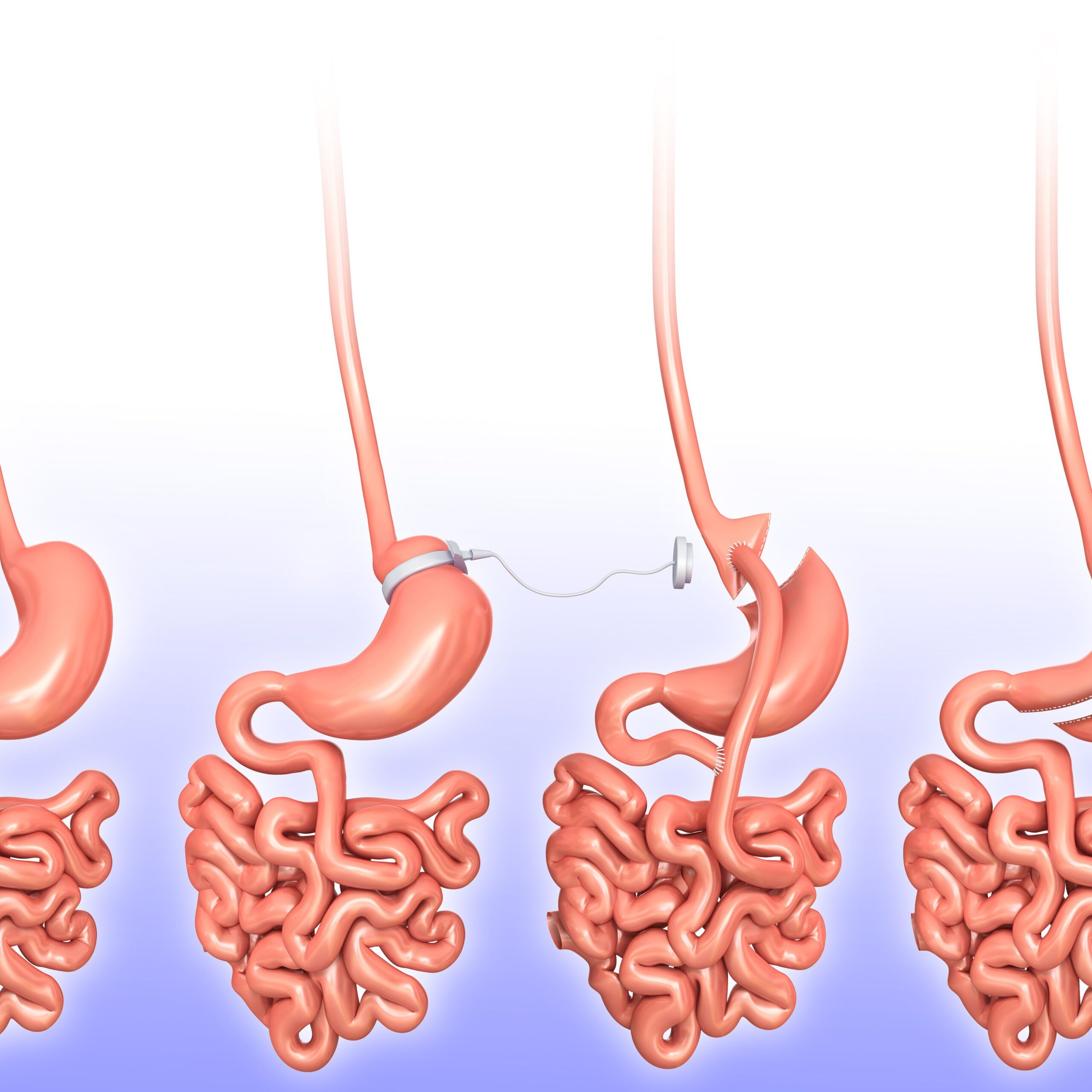HEALTH
General and Bariatric Surgery and all it entails

Bariatric Surgery
Your lifestyle choices or family history can determine whether you develop certain conditions affecting your body. Some of these problems may have solutions, while others may require you to develop techniques to manage them. Excess weight problems are an example of a body issue that may come about due to family history or lifestyle choices. Losing weight can prove challenging but successful stories are in plenty. A solution to stubborn weight problems can be through bariatric surgery by medical professionals who are board certified in general surgery Atlanta, GA. More about these professionals and the surgeries they do are discussed below.
General and Bariatric Surgery
Bariatric surgery is a general surgery involving surgical operations done to your body to aid in losing weight by making changes to your digestive tract. This typically entails all procedures done as weight loss solutions.
There are multiple types of bariatric surgeries that work in various ways, such as:
· Decreasing the ability of the body to absorb nutrients
· Reducing the portions of food your stomach can keep
· Combining the two methods above
The most typical methods of bariatric surgery include:
Sleeve gastrectomy
This procedure involves getting rid of a large part of your stomach. This leaves your stomach as a sleeve-like or tube-shaped pouch. Your stomach becomes significantly smaller, thus holding less food. The operation also decreases the production of the ghrelin hormone, responsible for regulating your appetite.
Gastric Bypass
This surgery is the most general bariatric operation. The process begins with isolating a small part of the top of your stomach and separating it from the rest of the stomach. The beginning part of the small intestine is then divided, and the lower intestine part is connected to the newly created small stomach sac.
The top portion of the separated small intestine is connected to the lower part of the small intestine affecting the food stream and producing changes in the hormones of your gut. This operation restricts the absorption of nutrients and calories by limiting the amount of food your stomach can hold.
Duodenal switch
This procedure involves two significant steps. To begin, a stomach sector is created to form a tube-shaped sac similar to the one in sleeve gastrectomy. A substantial part of your small intestine is then bypassed, restricting the amount of food your stomach can keep making you get full faster while decreasing nutrient absorption. Although this procedure is highly effective, it involves certain risks like malnutrition or vitamin deficiencies.
Gastric Band
This involves introducing an adjustable inflatable band across the top part of your stomach. This forms a smaller stomach sac that stores decreased food amounts, making you full quicker. Recurring adjustments are made to the band to decrease in size over time.
Severely overweight patients get bariatric surgery done to reduce the risk of severe, potentially fatal health issues like:
· Stroke
· Heart disease
· Nonalcoholic fatty liver disease
· High blood pressure
· Type 2 diabetes
· Sleep apnea
It should be noted that this surgery is not recommended for all overweight patients. Specific medical criteria must be met, typically done after other methods are unsuccessful. For any bariatric surgery inquiries, check our website or call our Atlanta, GA offices.
Sebastian was born and raised in the busy city of Abbottabad. As a journalist, Saad Mushtaq has contributed to many online publications including the PAK Today and the Huffing Post. In regards to academics, Saad Mushtaq earned a degree in business from the Abbottabad UST, Havelian. Saad Mushtaq follows the money and covers all aspects of emerging tech here at The Hear Up.Thanks










